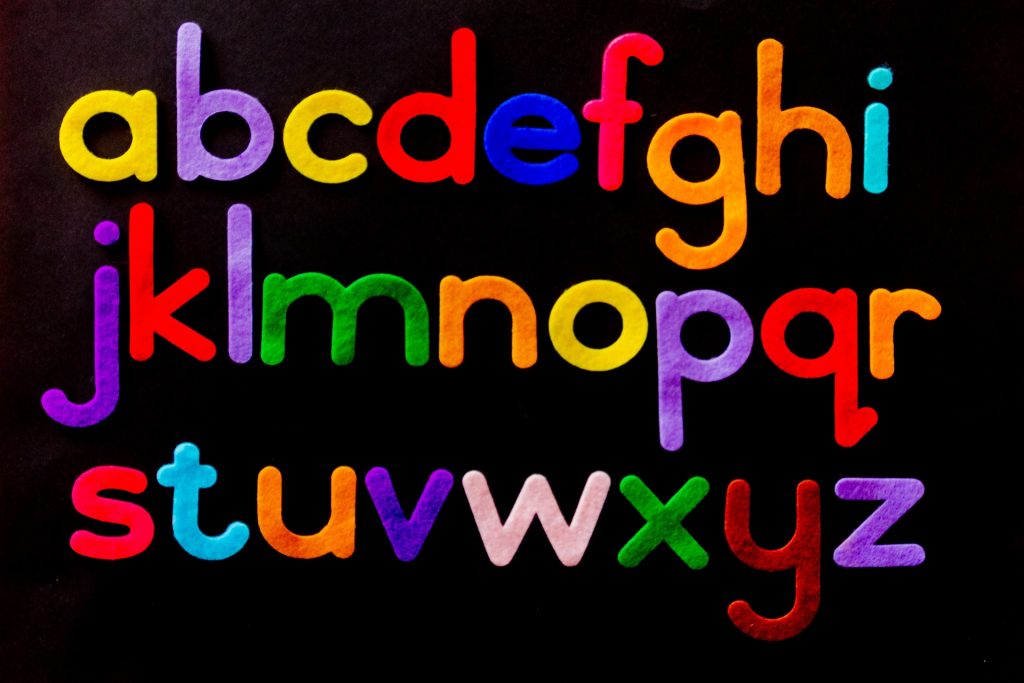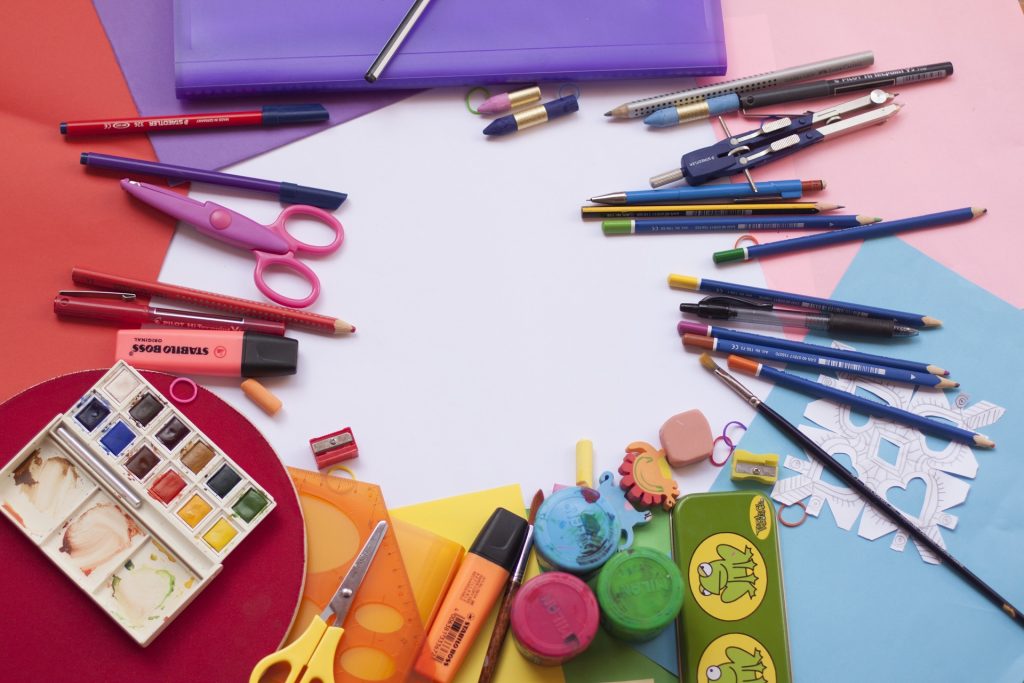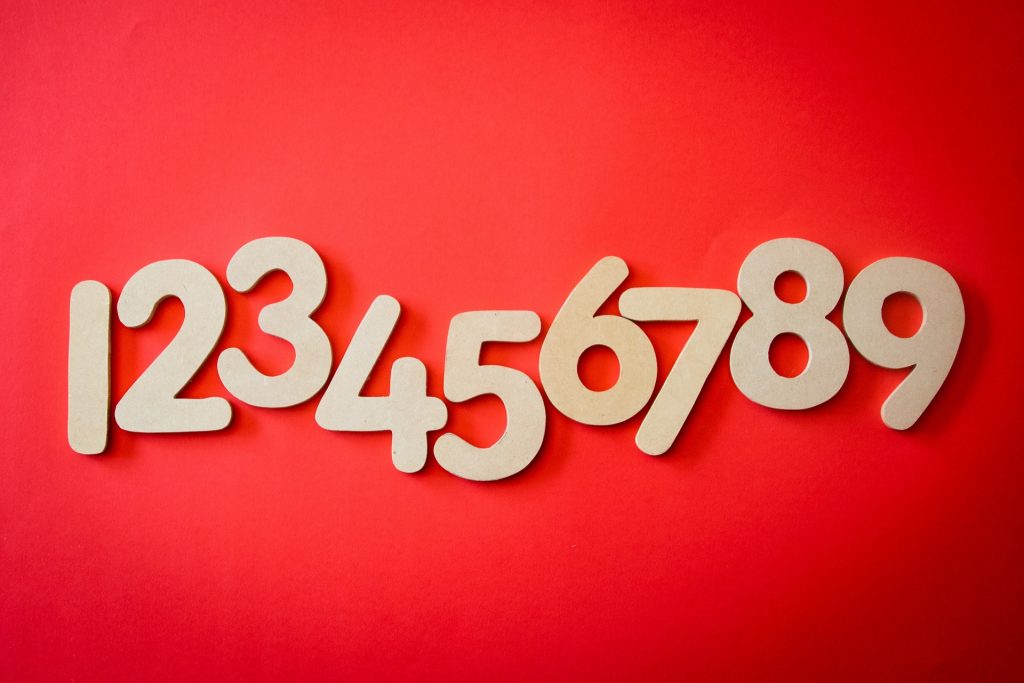The elementary school program at Nova Elm Academy (NEA) is comprised of classes from the kindergarten grade to the fifth grade.
This is an important phase in the children’s educational journey since it establishes the foundation for learning throughout their lives. At the institute, there is a major focus on developing critical thinking skills at an early age. Our Kindergarten – 5th Grade resources support children in all the different ways they learn, so parents and teachers always have what they need to boost each kid’s unique potential.
This is an important phase in the children’s educational journey since it establishes the foundation for learning throughout their lives. At the institute, there is a major focus on developing critical thinking skills at an early age. Our Kindergarten – 5th Grade resources support children in all the different ways they learn, so parents and teachers always have what they need to boost each kid’s unique potential.
Kindergarten
- Practice Tracing Letters
- Sight Word Hopper
- Matching Rhymes
- Alphabet Dot-to-Dot
- Trace & Write Missing Letters
- Beginning Consonant Blends
- Blending Sounds Spelling
- Fill-in the Short Vowel
1st Grade
- Proper Punctuation
- Complete the Sentence
- Long O Words Spelling
- Digraphs Demolition
- Special Plural Nouns
- Short U Rhyme Hopper
- Silent E Bus Stop Spelling
- Sight Words Balloon Pop
2nd Grade
- Main Idea of a Story Worksheet
- Nouns and Verbs Sort
- -ed and -ing Endings
- Parts of Speech Sorting
- Bossy R Words Spelling
- Animal Words Search
- Types of Sentences
- Vocabulary Quiz
3rd Grade
- Proper Pronounciation
- Great Grammar
- Simple, Compound, and Complex Sentences
- Reading Comprehension
- Put the Story Sequence In Order
- Fill-in the Blanks Story
- Finding the Main Idea
- Context Clues
4th Grade
- Verb Tenses: Past, Present, Future
- Homophone Sentence Building
- Let's Spell: Tricky Word Challenge
- Building Sentences
- Practice with Prepositional Phrases
- Write a Simple Sentence
- What is a Narrative: Key Features
- Making Inferences in a Fictional Text
5th Grade
5th Grade Science Content:
1. Materials
2. Matter & Mass
3. Heat and Thermal Energy
4. Physical & Chemical Change
5. Mixtures
6. Atoms & Molecules
7. Force & Motion
8. Magnets
9. Classification
10. Scientific Names
11. Animals
12. Plants
13. Adaptations
14. Traits & Heredity
15. Cells
16. Ecosystems
17. Conservation & Natural Resources
18. Rocks & Minerals
19. Fossils
20. Weather & Climate
21. Water Cycle
22. Topographic Maps
23. Units of Measurement
24. Lab Tools & Equipment
1. Materials
2. Matter & Mass
3. Heat and Thermal Energy
4. Physical & Chemical Change
5. Mixtures
6. Atoms & Molecules
7. Force & Motion
8. Magnets
9. Classification
10. Scientific Names
11. Animals
12. Plants
13. Adaptations
14. Traits & Heredity
15. Cells
16. Ecosystems
17. Conservation & Natural Resources
18. Rocks & Minerals
19. Fossils
20. Weather & Climate
21. Water Cycle
22. Topographic Maps
23. Units of Measurement
24. Lab Tools & Equipment
5th Grade Math Content:
1. Place Values & Number Sense
2. Addition & Subtraction
3. Multiplication
4. Division
5. Exponents
6. Number Theory
7. Decimals
8. Add & Subtract Decimals
9. Multiply Decimals
10. Divide Decimals
11. Fractions & Mixed Numbers
12. Add & Subtract Fractions
13. Multiply Fractions
14. Divide Fractions
15. Mixed Operations
16. Problem Solving
17. Ratios & Rates
18. Percents
19. Money
20. Number Sequence
21. Coordinate Plane
22. Variable Expressions
23. Data & Graphs
24. Probability & Statistics
25. Time
26. Units of Measurement
1. Place Values & Number Sense
2. Addition & Subtraction
3. Multiplication
4. Division
5. Exponents
6. Number Theory
7. Decimals
8. Add & Subtract Decimals
9. Multiply Decimals
10. Divide Decimals
11. Fractions & Mixed Numbers
12. Add & Subtract Fractions
13. Multiply Fractions
14. Divide Fractions
15. Mixed Operations
16. Problem Solving
17. Ratios & Rates
18. Percents
19. Money
20. Number Sequence
21. Coordinate Plane
22. Variable Expressions
23. Data & Graphs
24. Probability & Statistics
25. Time
26. Units of Measurement
5th Grade Social Studies Content:
1. Maps
2. Oceans & Continents
3. States
4. State Capitals
5. Cities
6. English Colonies in North America
7. The American Revolution
8. Early 19th Century American History
9. The Civil War & Reconstruction
10. 20th Century American History
11. Government
12. American Symbols, Landmarks, and Monuments
13. American National Holidays
14. Basic Economic Principles
15. Banking & Finance
16. Supply & Demand
17. Social Studies Skills
1. Maps
2. Oceans & Continents
3. States
4. State Capitals
5. Cities
6. English Colonies in North America
7. The American Revolution
8. Early 19th Century American History
9. The Civil War & Reconstruction
10. 20th Century American History
11. Government
12. American Symbols, Landmarks, and Monuments
13. American National Holidays
14. Basic Economic Principles
15. Banking & Finance
16. Supply & Demand
17. Social Studies Skills
5th Grade Language Arts Content:
1. Main Idea
2. Theme
3. Author’s Purpose & Tone
4. Text Structure
5. Sensory Details
6. Literary Devices
7. Point of View
8. Inference
9. Story Elements
10. Text Features
11. Visual Elements
12. Analyzing Literature
13. Poetry Elements
14. Analyzing Informational Texts
15. Organizing Writing
16. Introductions & Conclusions
17. Summarizing
18. Developing & Supporting Arguments
19. Descriptive Details
20. Sentence Variety
21. Editing & Revising
22. Prefixes & Suffixes
23. Greek & Latin Roots
24. Categories
25. Synonyms & Antonyms
26. Analogies
27. Homophones
28. Multiple-Meaning Words
29. Idioms & Adages
30. Shades of Meaning
31. Context Clues
32. Reference Skills
33. Sentences, Fragments, and Run-ons
34. Nouns
35. Pronouns
36. Verb Types
37. Subject-Verb Agreement
38. Verb Tense
39. Adjectives & Adverbs
40. Prepositions
41. Conjunctions
42. Contractions
43. Commas
44. Capitalization
45. Formatting
1. Main Idea
2. Theme
3. Author’s Purpose & Tone
4. Text Structure
5. Sensory Details
6. Literary Devices
7. Point of View
8. Inference
9. Story Elements
10. Text Features
11. Visual Elements
12. Analyzing Literature
13. Poetry Elements
14. Analyzing Informational Texts
15. Organizing Writing
16. Introductions & Conclusions
17. Summarizing
18. Developing & Supporting Arguments
19. Descriptive Details
20. Sentence Variety
21. Editing & Revising
22. Prefixes & Suffixes
23. Greek & Latin Roots
24. Categories
25. Synonyms & Antonyms
26. Analogies
27. Homophones
28. Multiple-Meaning Words
29. Idioms & Adages
30. Shades of Meaning
31. Context Clues
32. Reference Skills
33. Sentences, Fragments, and Run-ons
34. Nouns
35. Pronouns
36. Verb Types
37. Subject-Verb Agreement
38. Verb Tense
39. Adjectives & Adverbs
40. Prepositions
41. Conjunctions
42. Contractions
43. Commas
44. Capitalization
45. Formatting
Our teachers utilize the Project Based Learning (PBL) method of teaching by introducing the essential concepts and then working on projects that use those concepts. Our outcomes are not merely based on retention but rather on applications through analyzing, evaluating, and creating solutions for real world problems. This solid foundation would furnish our elementary students with a basis for lifelong learning.
Through these courses our students are enlightened about the world in which they live, with an emphasis on project based learning in an environment that applies concepts to real-world problems and projects. Teachers work with students and parents to ensure that this partnership will result in a life-long commitment to education.
Through these courses our students are enlightened about the world in which they live, with an emphasis on project based learning in an environment that applies concepts to real-world problems and projects. Teachers work with students and parents to ensure that this partnership will result in a life-long commitment to education.

Project Based Learning (PBL) is a teaching method in which students gain knowledge and skills by working for an extended period of time to investigate and respond to an engaging and complex question, problem, or challenge.
Project Based Learning (PBL) includes:
Project Based Learning (PBL) includes:
- Real-World Problem to Be Solved - The project is framed by a meaningful problem to solve or a question to answer, at the appropriate level of challenge.
- Brainstorm Ideas for Solutions – In this phase students brainstorm ideas and explore various options for a potential solution to the Read-World Problem.
- Basic Concepts to Guide You - The basic concepts skills such as critical thinking/problem solving, collaboration, and self-management required to guide you towards a solution.
- Inquire, Research and Investigate - Students engage in a rigorous, extended process of asking questions, finding resources, and applying information.
- Student Voice & Choice - Students make some decisions about the project, including how they work and what they create.
- Critique & Revise Solution - Students give, receive, and use feedback to improve their process and products.
- Present Solution - Students make their project work public by explaining, displaying and/or presenting it to people beyond the classroom.

Concepts and Skills
A solid foundation for learning critical skills is very important an early age. During this phase of the learning process, the students are introduced to the basic fundamental concepts and elements of the subject matter. These concepts are re-enforced when they are used towards applications.
Projects and Applications
During this phase, the students have an opportunity to choose a project that helps them think and apply the basic fundamental concepts they learned. This allows them to apply the skills, evaluate, research, and think about how they can apply these basic concepts to the project they’re working on.

Essential Core Subjects
The basic essential core subjects of Math, Science, English, and Social Studies are required to be taken by all students. Its important that the students learn the fundamental skills in these subjects at an early age.

From Concept to Implmentation
Project Based Learning (PBL) is a unique method in which the students learn the core concepts and skills in a classroom environment. Then the students identify a real-world problem and develop its solution. Students gain knowledge and skills by using the basic concepts to develop a solution.



